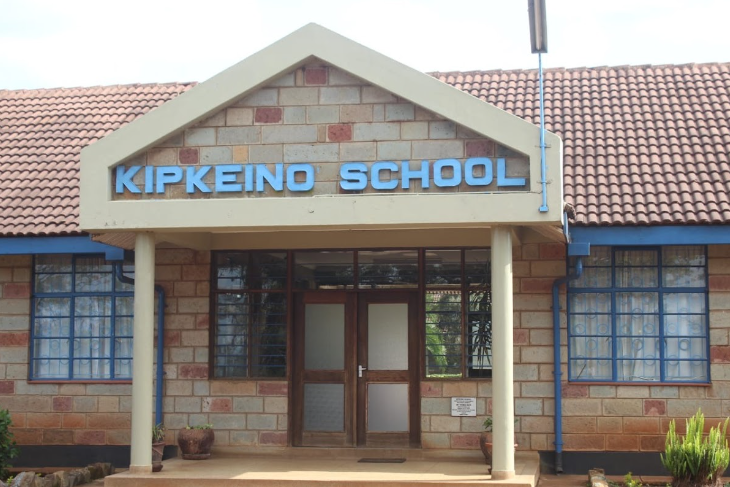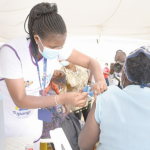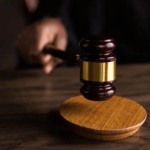A public school in Eldoret, associated with the family of legendary athlete Kipchoge Keino, is at the center of a controversy regarding plans to privatize it. Kipkeino Primary School, located in Turbo subcounty, Uasin Gishu, is renowned for its top-class facilities and has been operating under the Ministry of Education as a public institution.
About a month ago, the Ministry of Education received an application to change the school’s status from public to private. Following this, an advertisement was published in the media, inviting feedback from the public regarding the proposed privatization.
However, this move has sparked significant opposition from parents and the local community, who are expressing their concerns and labeling the initiative as “grabbing” of their school, which they have helped build over the years by paying substantial fees ranging from Sh100,000 to Sh160,000.
The Ministry has requested that individuals with concerns submit their views within two weeks. “Those with concerns have 14 days from the date of the public notice to submit their input either in writing to the school administrator or via email,” the notice stated. This call for public input has incited anger among parents, who assert that they will not accept the planned privatization.
Some parents have accused the Keino family of managing the school as if it were a private property, despite the fact that the institution has benefited from Free Primary Education (FPE) funding and government-provided textbooks. Records from the Ministry indicate that Kipkeino Primary School was officially registered as a public institution on January 3, 2001, with registration number G/PE/0011/2001.
One parent voiced their frustration, stating, “We have been paying fees knowing that it’s a public school and that we had a role to help develop its infrastructure. It’s not acceptable that someone wakes up to privatize the school, ignoring all that we have invested to build it.”
Additionally, parents are accusing senior education officials from both the national and county governments of neglecting the situation at the school, which they believe should be protected as a public institution. “We have written several letters to the ministry and the county, but there has been no response. This can only mean they are ignoring our concerns as part of the scheme to allow privatization of the school,” remarked another parent.
To bolster their claim that Kipkeino Primary School is a public institution, some parents referenced a donation made by former President Daniel Moi in the 1980s, when he contributed 200 acres of land for the school’s establishment. However, a recent meeting called by the school management to inform parents about the proposed change in ownership ended in chaos, with many parents walking out in protest.
In contrast, the Keino family asserts that the school has never been a public institution, despite its benefits from public funding, including textbooks provided by the Ministry of Education for public schools. They contend that they possess documents proving that the school was registered as a private institution after the family purchased the land for it in 1987.
According to the family, the school occupies 30 acres of land, not the 200 acres claimed by some parents, and the title deed is registered under Phyllis Keino, under title number: Kiplombe/Kiplombe Block 5 (Kaptich)/66, which is now managed by the Lewa Children’s Home Trust.
The Keino family explains that in 1987, they sought approval from the Uasin Gishu district education office to establish a school in support of the registered charity known as Kipkeino Children’s Home, which has since been renamed to Children’s Home. Andrew Kiptoo, a family member and board member at the school, shared that the family pooled resources from relatives and friends to launch the school.
“The vision was to educate children within the community while delivering quality education for both the vulnerable children at the children’s home and the community at large,” Kiptoo stated. He elaborated that upon registration, the government posted teachers to both public schools and those operated as charitable organizations, which is how the school has consistently received teachers from the Teachers Service Commission (TSC).
Kiptoo noted that they were later advised to re-register as a public school to facilitate the deployment of TSC teachers. “The school has only been receiving funding from Lewa Children’s Home Trust and the Keino family for further school development, and not from the government,” he clarified.
He further explained that the family’s decision to transition to a private institution was made to allow them full control over the school’s management, enabling them to employ their own teachers rather than relying on TSC staff.
Residents led by Noah Arap Singoei have opposed the move to privatise the school.
“This is just a plan to grab the school and we won’t accept that,” Singoei said.
Uasin Gishu county education director John Thiringi confirmed that the process of privatising the school has been ongoing since 2014.
“The privatisation process has been going on and it’s allowed in law,” Thiringi said.



